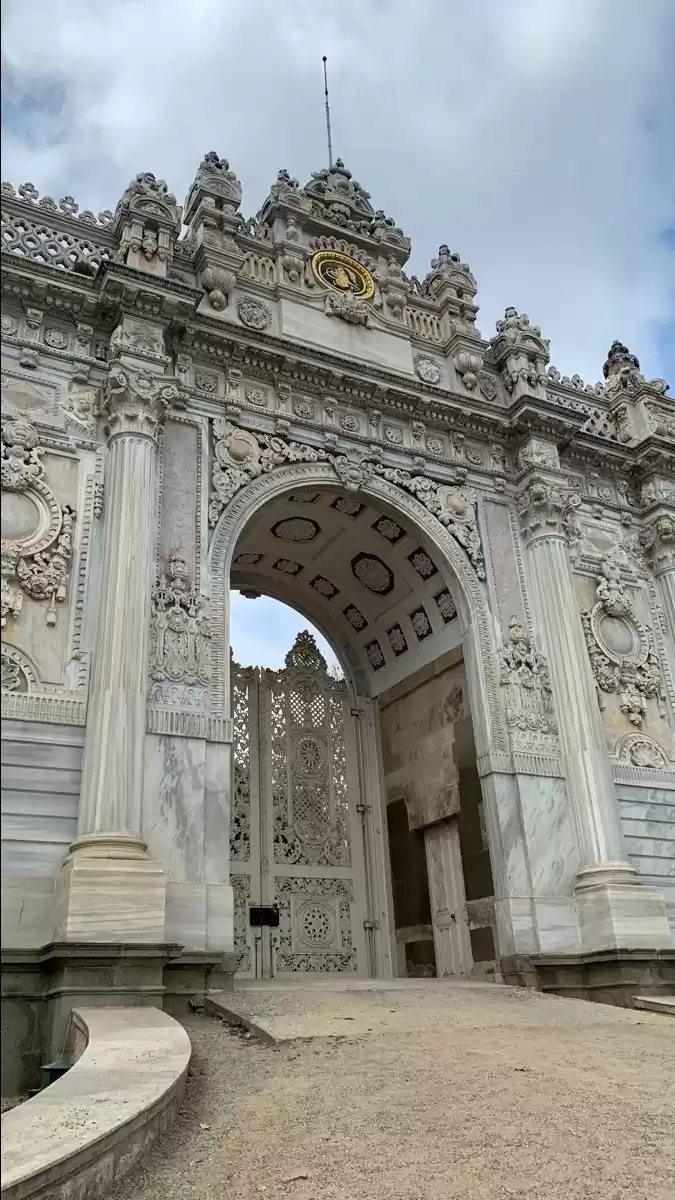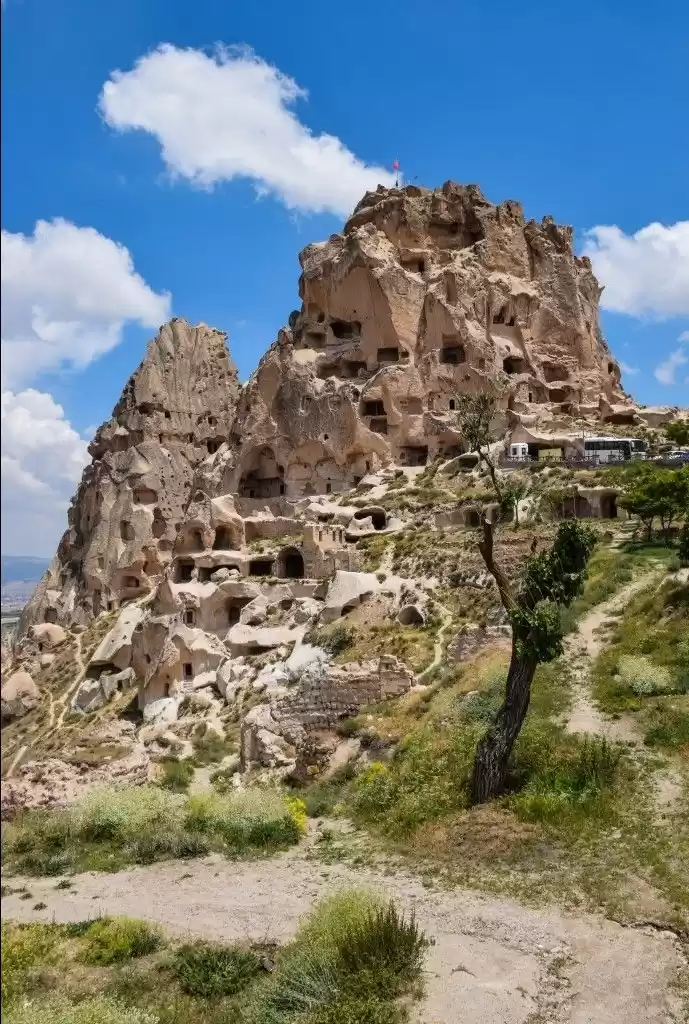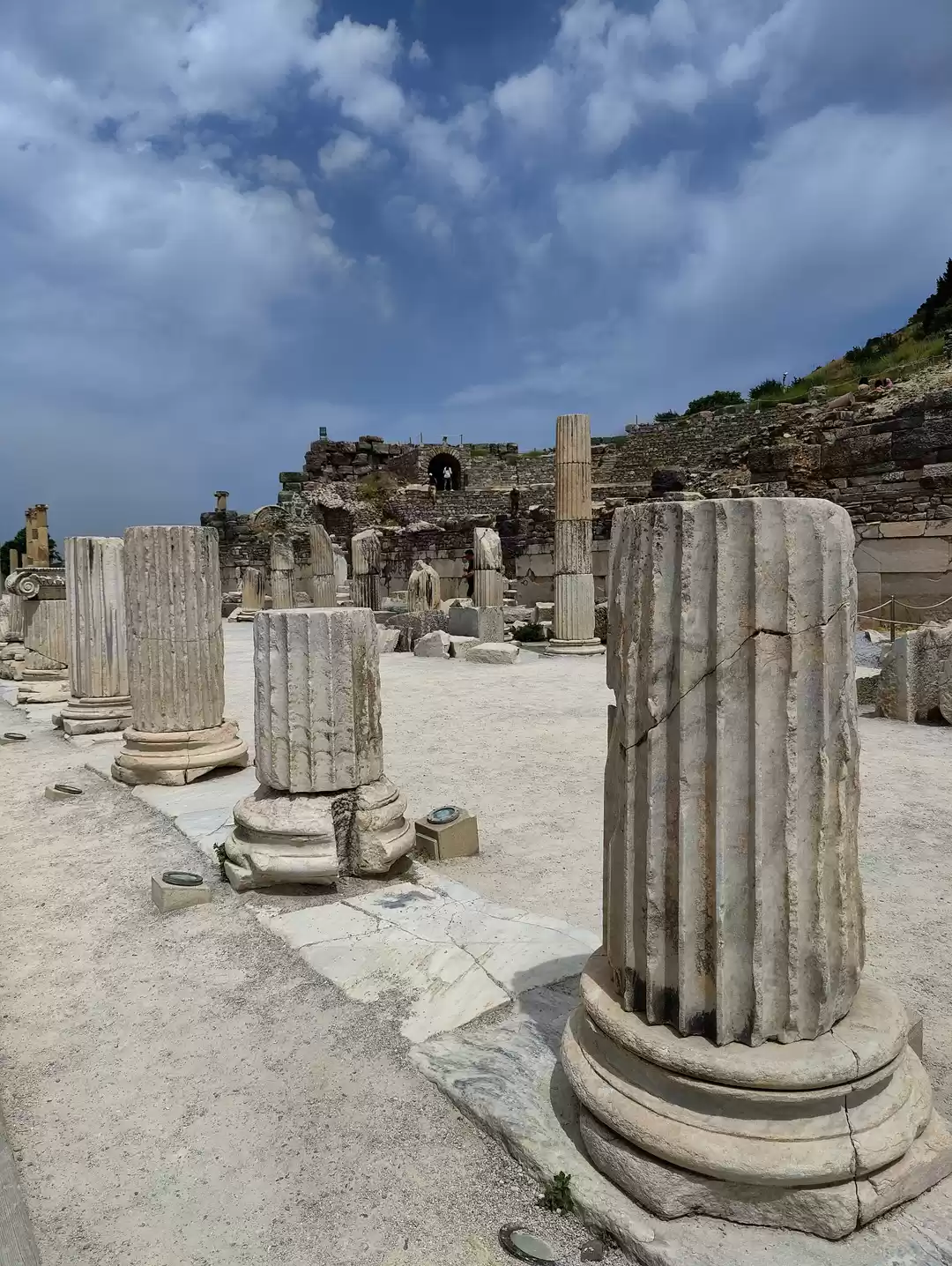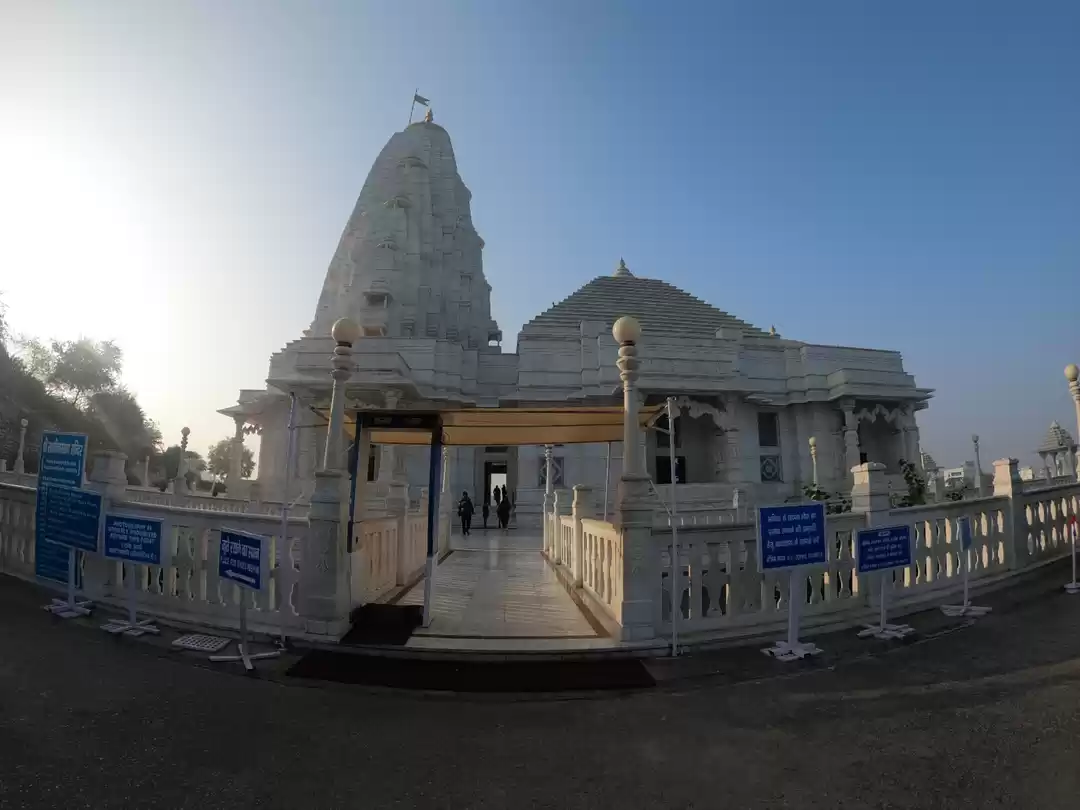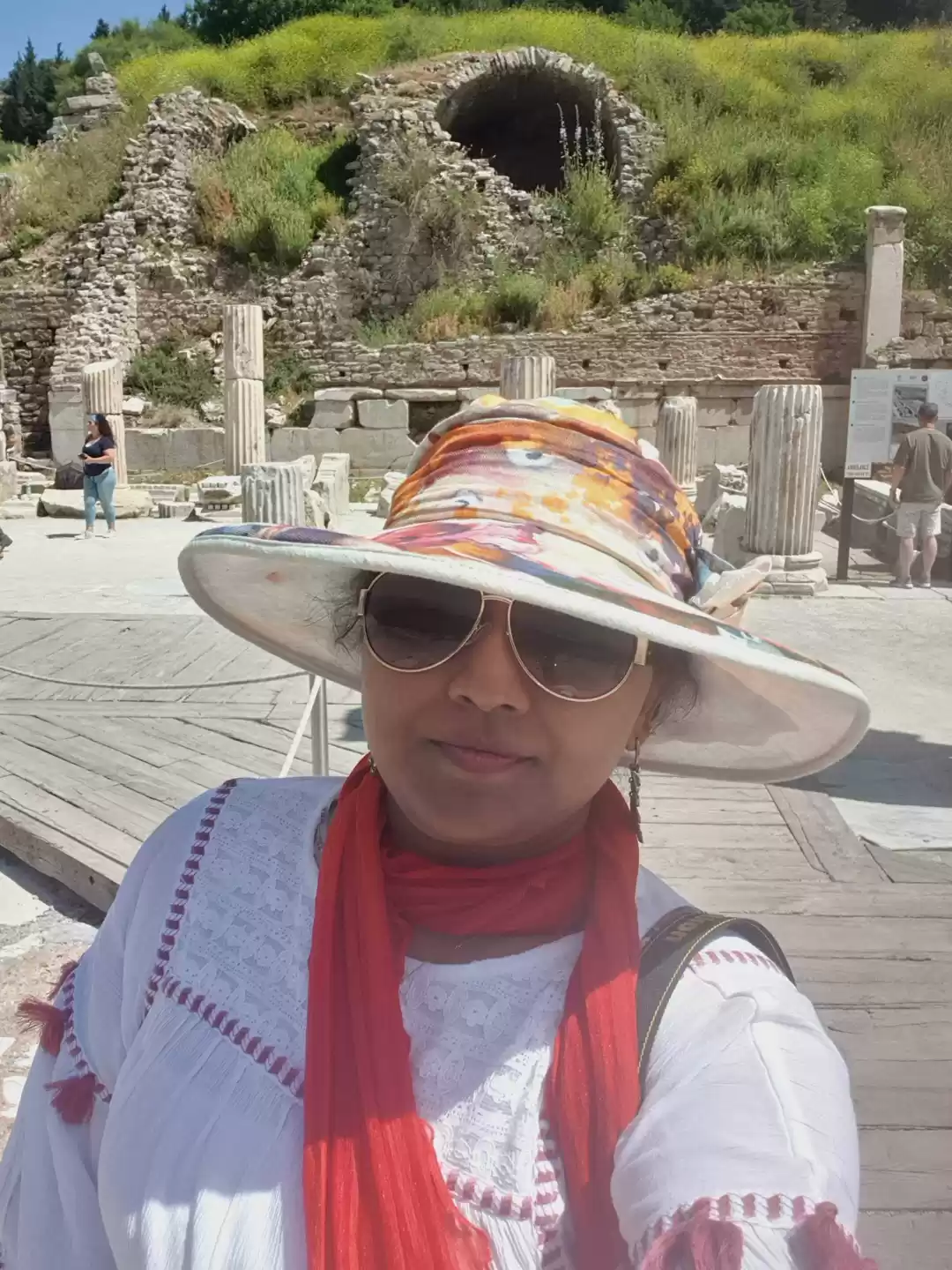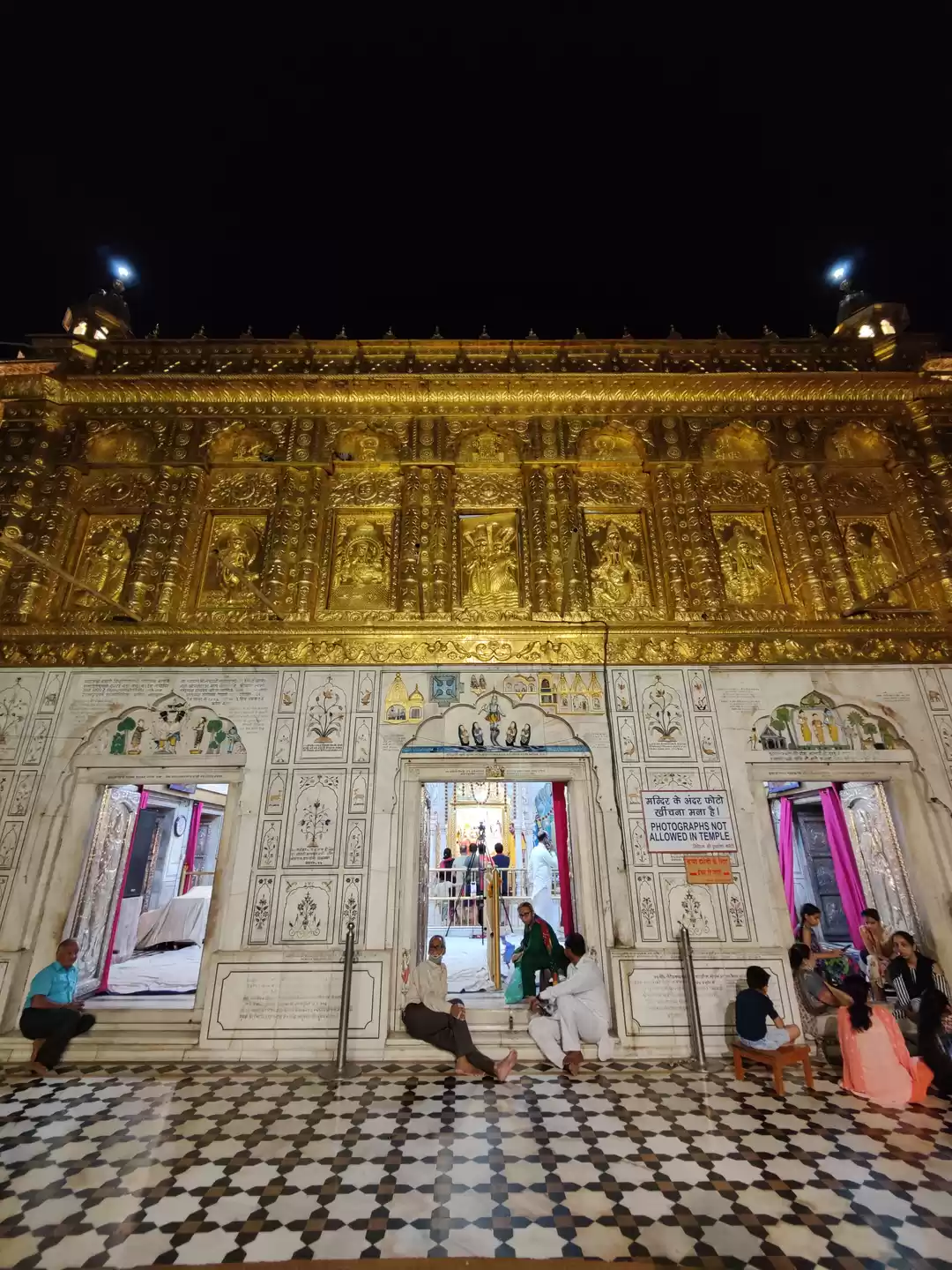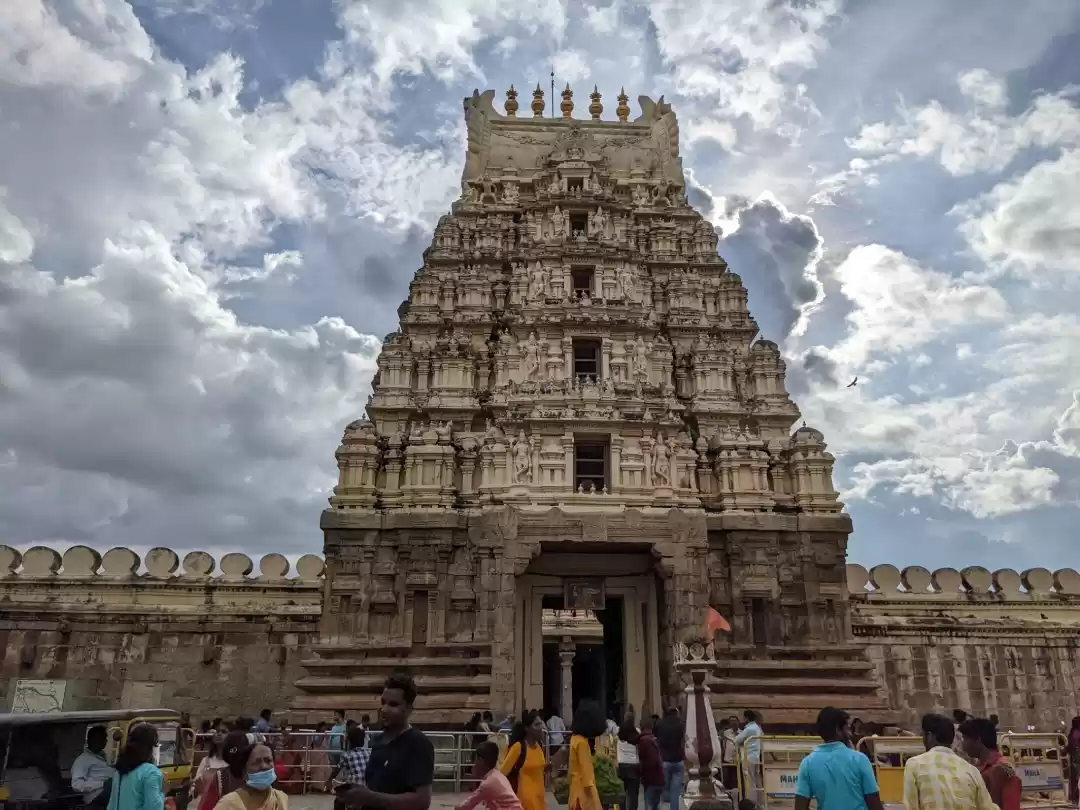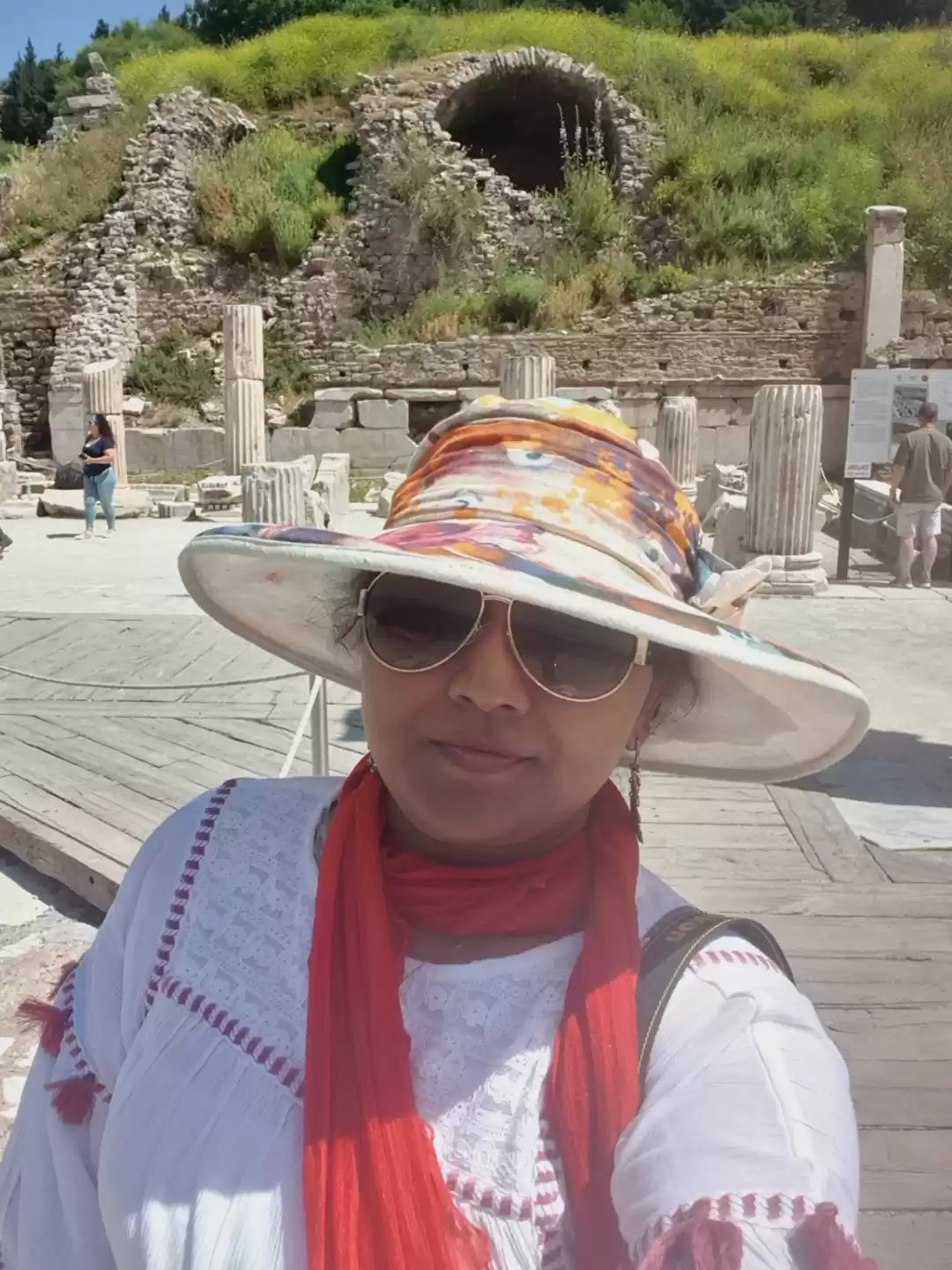Are you fascinated by the ancient wonders of the world? Do you want to explore the ruins of one of the most magnificent temples ever built? If yes, then you should visit the Temple of Artemis, the legendary sanctuary of the goddess of the hunt, the wilderness, and the moon.
In this article, you will learn everything you need to know about the Temple of Artemis, its history, architecture, culture, and legacy. You will also discover the best time to visit, the places nearby, the places to stay, and the activities to enjoy. Whether you are a solo traveller, a couple, a family, or a group, you will find something to suit your interests and preferences. Read on and get ready to experience the Temple of Artemis like never before!
The History and Architecture of the Temple of Artemis

The Temple of Artemis was one of the Seven Wonders of the Ancient World, a list of remarkable constructions that amazed the ancient travellers and writers. It was located in the ancient city of Ephesus, which is now in modern Turkey. The temple was dedicated to Artemis, the daughter of Zeus and Leto, and the twin sister of Apollo. Artemis was worshipped as the goddess of the hunt, the wilderness, childbirth, and the moon. She was also the protector of women, children, and animals.
1. The Construction and Destruction of the Temple
The Temple of Artemis was built and destroyed several times over the centuries. The first temple was a simple wooden structure that was erected in the 8th century BC. It was replaced by a larger and more elaborate stone temple in the 6th century BC, which was funded by King Croesus of Lydia, the richest man in the world at that time. This temple was considered one of the most beautiful buildings in the ancient world, with its 127 columns, its marble walls, and its gold and silver decorations. However, it was destroyed by a fire in 356 BC, allegedly set by a man named Herostratus, who wanted to become famous by ruining the temple.
2. The Design and Features of the Temple
The Temple of Artemis was designed by a famous architect named Chersiphron, who used innovative techniques and materials to create a masterpiece of art and science. The temple had a rectangular shape, with a large open courtyard surrounded by a colonnade of columns. The columns were made of marble, and were decorated with carvings of animals, plants, and scenes from mythology. The columns supported a roof that was covered with tiles of different colours, creating a stunning contrast with the white marble. The roof also had openings that allowed the sunlight and the moonlight to enter the temple, creating a magical atmosphere. It was also a place of refuge, where people could seek asylum, protection, and healing from the goddess. The temple was a symbol of the glory and the power of Artemis, and of the devotion and the gratitude of her followers.
The Goddess and the Cult of Artemis

The Temple of Artemis was not only a wonder of the ancient world, but also a reflection of the goddess and her cult.
1. The Origin and Attributes of Artemis
Artemis was the daughter of Zeus, the king of the gods, and Leto, a Titaness. Artemis was the goddess of the hunt, and loved to roam the wilderness with her companions, the nymphs and the animals. She was an expert archer, and could shoot her arrows with deadly accuracy and speed. Artemis was also the goddess of childbirth, and helped women during their labour and delivery. Artemis was also the goddess of the moon, and ruled over the night and the darkness.
2. The Worship and Rituals of Artemis
Artemis was worshipped throughout the ancient world, and had many temples, shrines, and statues dedicated to her. The most famous and important one was the Temple of Artemis in Ephesus, which was considered as her main sanctuary and her home. The temple was the center of the cult of Artemis, and the site of many rituals and ceremonies that honoured and celebrated the goddess and her gifts.
The Legacy and Impact of the Temple of Artemis

The Temple of Artemis was not only a wonder of the ancient world, but also a legacy and an impact for the modern world. The temple was a source of inspiration and influence for many aspects of culture, art, science, and history, and left a mark that can still be seen and felt today.
1. The Cultural and Artistic Impact of the Temple
The Temple of Artemis was a cultural and artistic landmark, that inspired and influenced many works and authors in various fields and genres. The temple was a reflection and a representation of the values and beliefs of the ancient Greeks and Romans, and their views on nature, beauty, and divinity. The temple was also a source of creativity and expression, that stimulated and challenged the imagination and the skills of the artists and the writers.
2. The Scientific and Historical Impact of the Temple
The Temple of Artemis was a scientific and historical milestone, that contributed and advanced the knowledge and the understanding of the ancient and the modern world. The temple was a result and a proof of science, that embodied and demonstrated the engineering, the astronomy, and the archaeology of the ancient civilizations. The temple was also a challenge and a opportunity for science, that stimulated and encouraged the discovery, the exploration, and the innovation of the scientists and the researchers.
How to Experience the Temple of Artemis

The Temple of Artemis is a must-see attraction for anyone who loves history, culture, and art. However, visiting the temple is not as easy as it sounds, as there are many factors and details that need to be considered and planned. Here are some tips and suggestions on how to experience the Temple of Artemis in the best possible way.
The Best Time to Visit
The Temple of Artemis is open all year round, but the best time to visit depends on your preferences and expectations. If you want to avoid the crowds and the heat, you should visit the temple in the low season, which is from November to March. If you want to enjoy the sun and the scenery, you should visit the temple in the high season, which is from April to October.
The Places Nearby
The Temple of Artemis is not the only attraction in the area, as there are many other places nearby that are worth visiting and exploring. One of the most important and interesting places is the ancient city of Ephesus, which is located about 3 kilometers from the temple. Ephesus was one of the most prosperous and influential cities in the ancient world, and had many monuments and buildings that testify to its glory and its history. Some of the highlights of Ephesus are the Library of Celsus, the Theatre, the Terrace Houses, and the Basilica of St. John.
The Temple of Artemis is a remarkable and unforgettable place, that will leave you amazed and inspired. It is a place where you can connect with the past and the present, with the nature and the culture, with the goddess and yourself. It is a place where you can experience the wonder and the beauty of the ancient world, and the legacy and the impact of the modern world. It is a place where you can have a once-in-a-lifetime adventure, and a lifetime of memories. Don’t miss the chance to visit the Temple of Artemis, and to discover its secrets and its treasures. Book your trip today, and get ready to experience the Temple of Artemis like never before!





